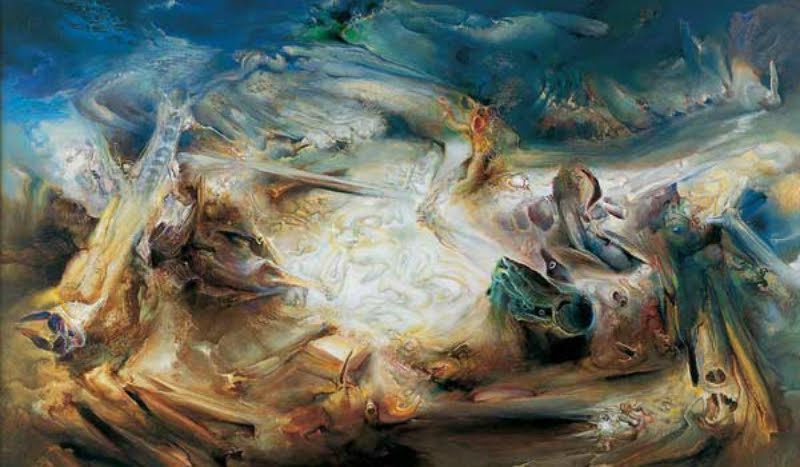Questionable Art
Tumblr. It's where all the cool kids are at, or at least that's what Yahoo thinks. I thought I would give it a go, and so have been dabbling with a little Tumblr about art that interests me (my background is in the arts).
Questionable Art
So I've called it Questionable Art because I wanted to explore my concept of 'questioning' being an art form - not as in sitting around philosophising, but rather in the way we use surveys, questionnaires, polls and quizzes. We accept that survey's can be skewed by type of language used, question structure and order, (not to mention presentation), but what about the creative potential of such a subjective form. In a sense I see question art as a form of interactive art, perhaps interactive art at it's most basic.
Anyhoo, I also wanted to include in it art that is 'questionable' in that it sits on the periphery of 'high art'. We know that Pop Art dragged low culture into the art world (and I L-O-V-E pop art!), but there are still plenty of creative forms that have still yet to make that leap - video games, gifs, fantasy art, game art, toys, game play, memes, science experiments. None have yet to be fully embraced as forms of high art (perhaps because many pose a challenge of how to actually sell them).
So anyway, that's what you'll find there - odds and ends I have collected together along those themes, and a link to my first attempt at a piece of survey art.

